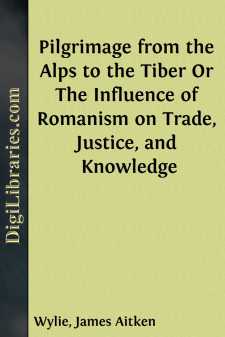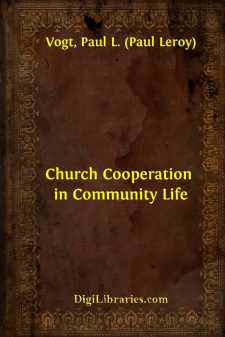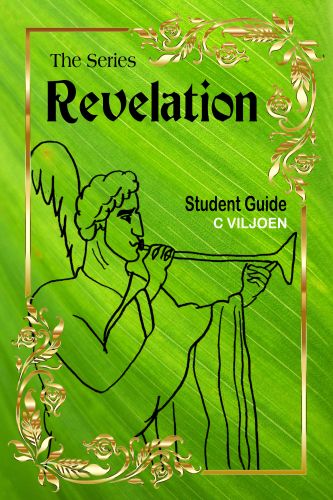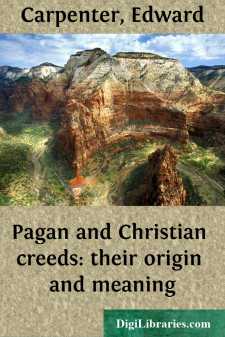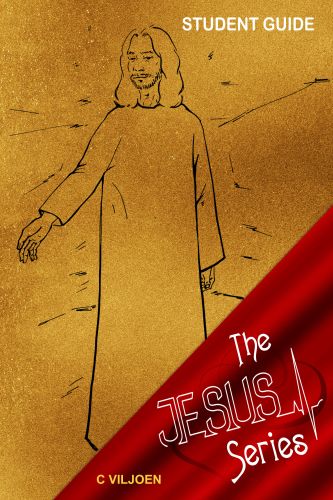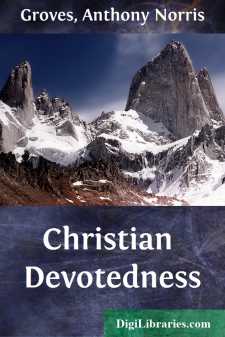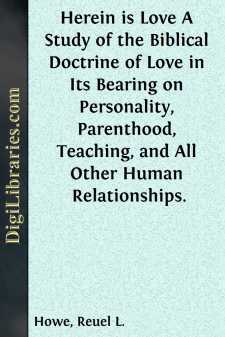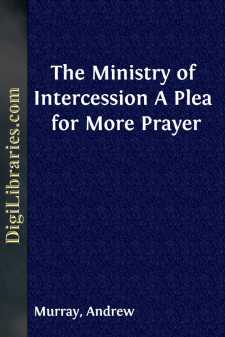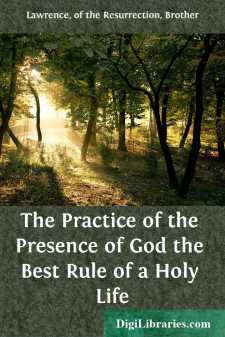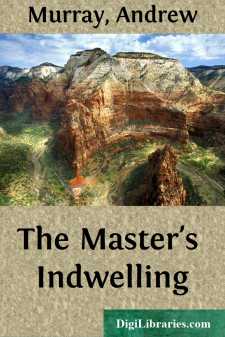Categories
- Antiques & Collectibles 13
- Architecture 36
- Art 48
- Bibles 22
- Biography & Autobiography 813
- Body, Mind & Spirit 142
- Business & Economics 28
- Children's Books 17
- Children's Fiction 14
- Computers 4
- Cooking 94
- Crafts & Hobbies 4
- Drama 346
- Education 46
- Family & Relationships 57
- Fiction 11829
- Games 19
- Gardening 17
- Health & Fitness 34
- History 1377
- House & Home 1
- Humor 147
- Juvenile Fiction 1873
- Juvenile Nonfiction 202
- Language Arts & Disciplines 88
- Law 16
- Literary Collections 686
- Literary Criticism 179
- Mathematics 13
- Medical 41
- Music 40
- Nature 179
- Non-Classifiable 1768
- Performing Arts 7
- Periodicals 1453
- Philosophy 64
- Photography 2
- Poetry 896
- Political Science 203
- Psychology 42
- Reference 154
- Religion 513
- Science 126
- Self-Help 84
- Social Science 81
- Sports & Recreation 34
- Study Aids 3
- Technology & Engineering 59
- Transportation 23
- Travel 463
- True Crime 29
Pilgrimage from the Alps to the Tiber Or The Influence of Romanism on Trade, Justice, and Knowledge
Categories:
Description:
Excerpt
CHAPTER I.
THE INTRODUCTION.
I did not go to Rome to seek for condemnatory matter against the Pope's government. Had this been my only object, I should not have deemed it necessary to undertake so long a journey. I could have found materials on which to construct a charge in but too great abundance nearer home. The cry of the Papal States had waxed great, and there was no need to go down into those unhappy regions to satisfy one's self that the oppression was "altogether according to the cry of it." I had other objects to serve by my journey.
There is one other country which has still more deeply influenced the condition of the race, and towards which one is even more powerfully drawn, namely, Judea. But Italy is entitled to the next place, as respects the desire which one must naturally feel to visit it, and the instruction one may expect to reap from so doing. Some of the greatest minds which the pagan world has produced have appeared in Italy. In that land those events were accomplished which have given to modern history its form and colour; and those ideas elaborated, the impress of which may still be traced upon the opinions, the institutions, and the creeds of Europe. In Italy, too, empire has left her ineffaceable traces, and art her glorious footsteps. There is, all will admit, a peculiar and exquisite pleasure in visiting such spots: nor is there pleasure only, but profit also. One's taste may be corrected, and his judgment strengthened, by seeing the masterpieces of ancient genius. New trains of thought may be suggested, and new sources of information opened, by the sight of men and of manners wholly new. But more than this,—I believed that there were lessons to be learned there, which it was emphatically worth one's while going there to learn, touching the working of that politico-religious system of which Italy has so long been the seat and centre. I had previously been at some little pains to make myself acquainted with this system in its principles, and wished to have an opportunity of studying it in its effects upon the government of the country, and the condition of the people, as respects their trade, industry, knowledge, liberty, religion, and general happiness. All I shall say in the following pages will have a bearing, more or less direct, upon this main point.
It is impossible to disjoin the present of these countries from the past; nor can the solemn and painful enigma which they exhibit be unriddled but by a reference to the past, and that not the immediate, but the remote past. There is truth, no doubt, in the saying of the old moralist, that nations lose in moments what they had acquired in years; but the remark is applicable rather to the accelerated speed with which the last stages of a nation's ruin are accomplished, than to the slow and imperceptible progress which usually marks its commencement. Unless when cut off by the sudden stroke of war, it requires five centuries at least to consummate the fall of a great people. One must pass, therefore, over those hideous abuses which are the immediate harbingers of national disaster, and which exclusively engross the attention of ordinary inquirers, and go back to those remote ages, and those minute and apparently insignificant causes, amid which national declension, unsuspected often by the nation itself, takes its rise. The destiny of modern Europe was sealed so long ago as A.D. 606, when the Bishop of Rome was made head of the universal Church by the edict of a man stained with the double guilt of usurpation and murder. Religion is the parent of liberty. The rise of tyrants can be prevented in no other way but by maintaining the supremacy of God and conscience; and in the early corruptions of the gospel, the seeds were sown of those frightful despotisms which have since arisen, and of those tremendous convulsions which are now rending society....


